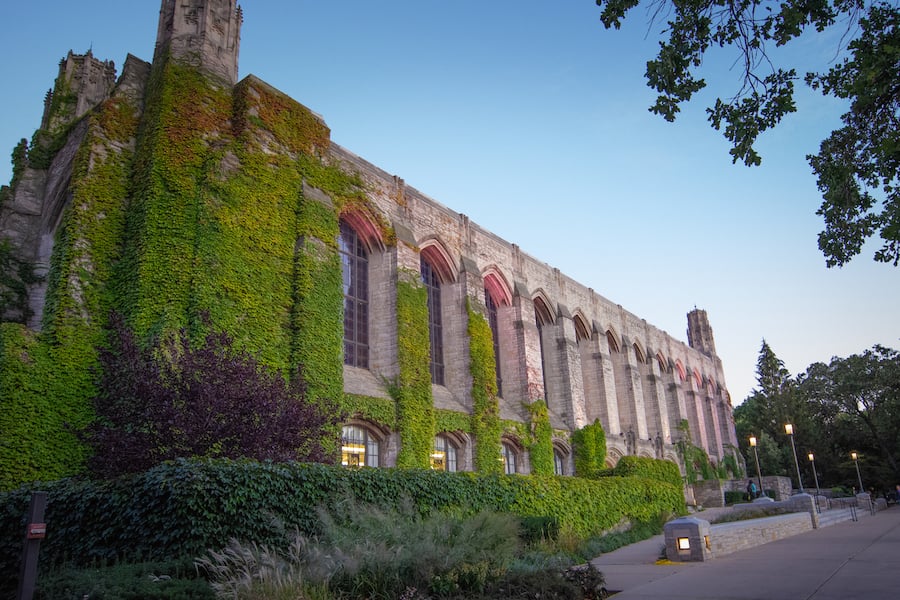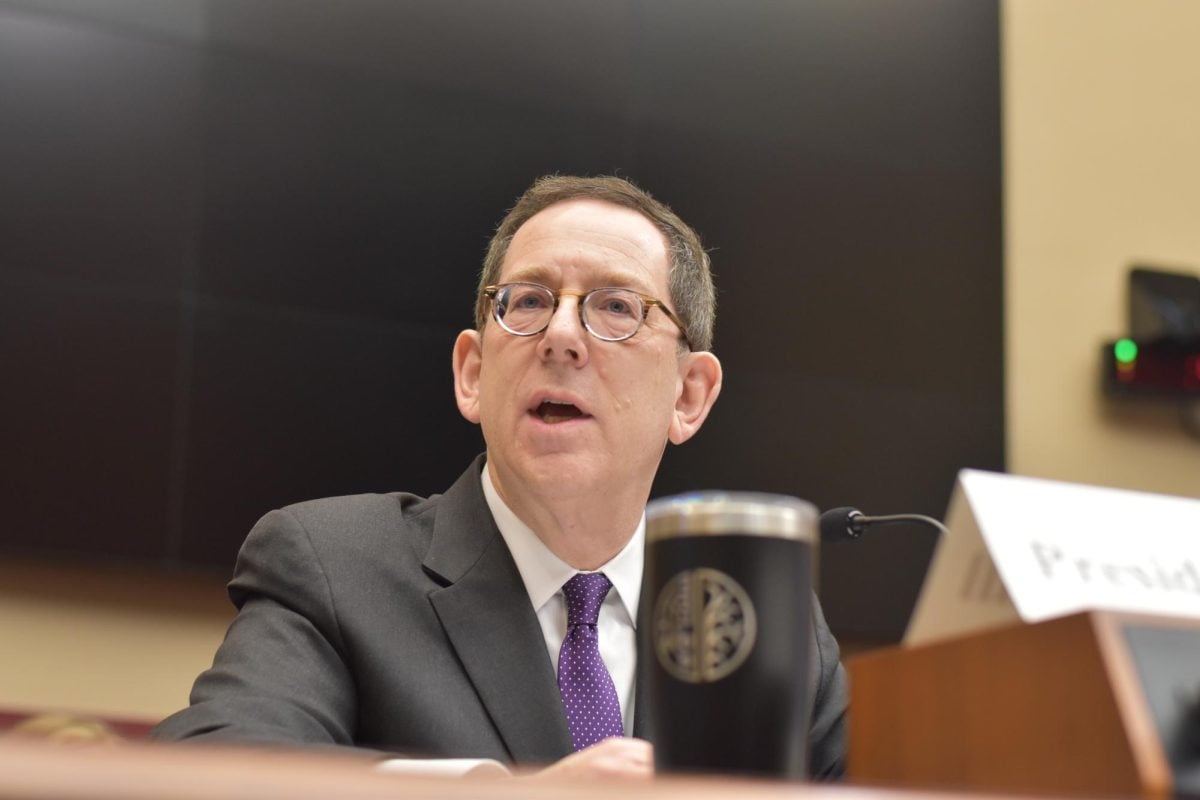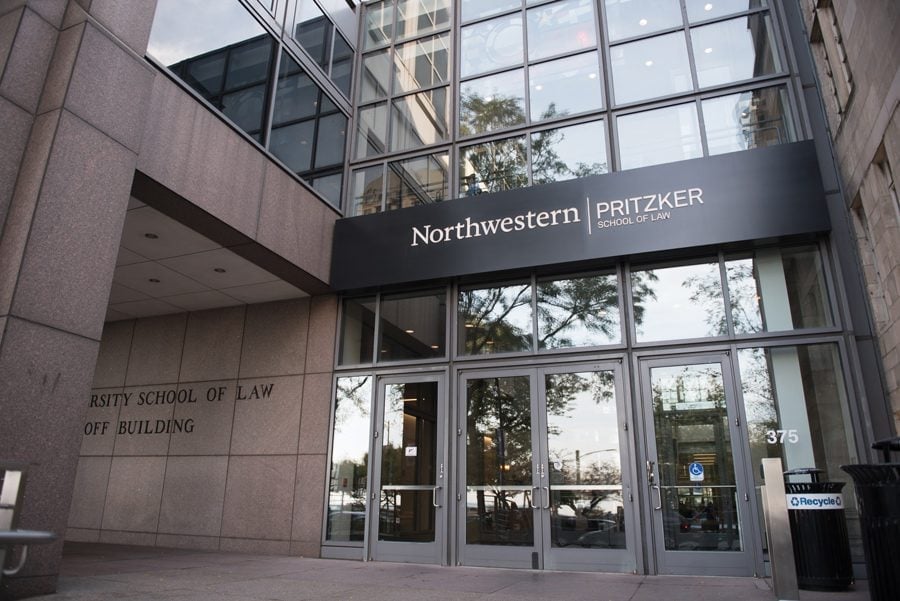The Scripps Howard Foundation named John Lavine – Northwestern’s dean of the Medill School of Journalism, Media, Integrated Marketing Communications – the Journalism and Mass Communicaton Administrator of the Year earlier this month, according to a recent University press release.
Lavine, who will step down as dean at the end of this year, is the first Medill dean to receive the Charles E. Scripps Award, said Mary Nesbitt, Medill’s associate dean for curriculum and professional excellence, in an email to The Daily. The award comes near the end of Lavine’s six-year tenure, during which he has worked to expand Medill’s focus on digital journalism and marketing communications.
“I’m honored to receive the Scripps Howard Award, but in truth it belongs to Medill faculty, staff and students,” said Lavine, who is currently out of the country and unavailable for comment, in a news release. “When I became dean seven years ago, the media industries were rocked by unprecedented change. The Medill community faced and embraced those challenges, while at the same time strengthening the enduring values of our professions.”
Scripps Howard, which annually holds the National Journalism Awardscompetition to honor achievement in communications and journalism education, could not be reached for comment Monday night on its reasons for choosing Lavine.
Nesbitt said the award spoke mainly to the transformation of Medill under Lavine, who made several changes to the curriculum as dean. She pointed to developments such as the addition of a certificate in Integrated Marketing Communications, the establishment of a required undergraduate course in multimedia storytelling and the creation of the Knight News Innovation Lab as examples of Lavine’s modern approach to journalism education.
It was also under Lavine’s leadership that Medill was officially renamed the Medill School of Journalism, Media, Integrated Marketing Communications.
Outside organizations noticed these changes. According to a report released by the Accrediting Council on Education in Journalism and Mass Communication, which reaccredited Medill in 2011, the school was appropriately responding to major technological changes in the field of journalism.
“Medill is clearly a much different place than the school that was visited six years ago, armed with a future-focused vision and a willingness to reinvent the teaching of journalism and mass communications,” the report read. “In fact it is leading the way on curricular change.”
The award includes a $10,000 prize, which Lavine said he will donate to Medill scholarship funds.






